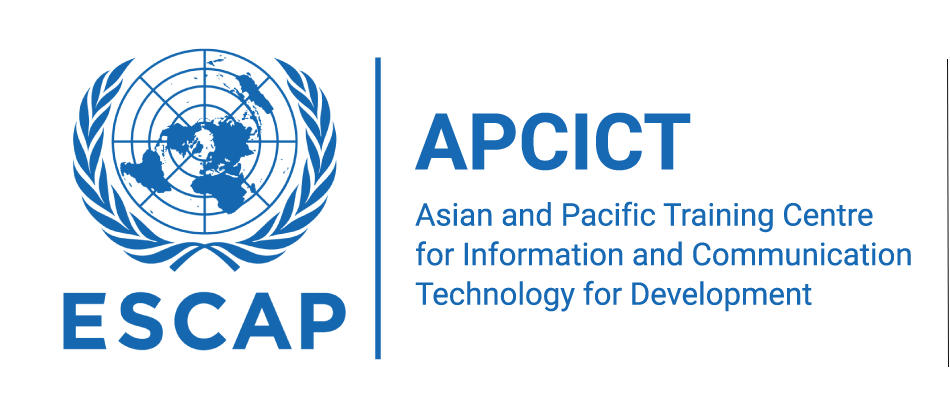This module, designed for government officials in developing countries, aims to help them understand data-driven governance and assist them in using data-driven governance in their jurisdictions. The module is divided into seven sections
Section 1 discusses the data revolution, its causes and social effects.
Section 2 examines data-driven governance.
Section 3 describes traditional and contemporary data sources.
Section 4 highlights data governance and data management.
Section 5 delves into data analytics, bias and intuition.
Section 6 explores the enabling environment for data-driven governance.
Section 7 considers the data culture in the public sector.
Governments continue to struggle with using data to improve governance. Even in the midst of a data revolution, some of them face the traditional challenges of lack of data, low quality data and outdated data. Others face the more contemporary challenge of making sense of mountains of data that are available to them. How can we enhance the use and analysis of data to support governance and government decision-making?


